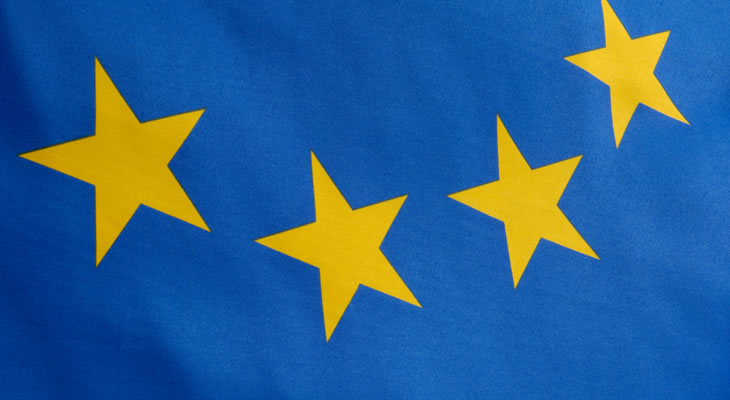German Growth Rebound Fails to Drag Down Pound Sterling Euro (GBP/EUR) Exchange Rate
A surprise return to growth for the German economy was not enough to prevent the Pound Sterling to Euro (GBP/EUR) exchange rate gaining fresh ground on Thursday morning.
While forecasts had pointed towards a -0.1% quarterly contraction the gross domestic product instead clocked in at 0.1% in the third quarter.
This prevented the Eurozone’s powerhouse economy from falling into a technical recession as investors had feared, limiting the selling pressure on the Euro (EUR).
Even so, the GBP/EUR exchange rate held onto a positive footing thanks to a negative revision to the second quarter growth rate and underlying signs of weakness.
As Carsten Brzeski, European economist at ING, noted:
“Recession or not, the German economy has fallen into a de facto stagnation, with quarterly GDP growth averaging a meagre 0.1% QoQ since the third quarter of last year.”
With German growth looking set to remain under pressure for the foreseeable future the upside potential of EUR exchange rates was naturally limited.
Pound Sterling (GBP) Upside Limited Thanks to UK Retail Sales Miss
Disappointing UK retail sales data put a dampener on Pound Sterling (GBP), however, as consumer sentiment showed signs of faltering.
As sales excluding auto fuel contracted -0.3% on the month in October this suggests that political anxiety and lingering Brexit-based uncertainty are weighing on domestic confidence.
Lower levels of consumer spending could increase the risk of a fourth quarter growth slowdown, given existing signs of weakness within the UK manufacturing and services sectors.
Without the support of resilient consumer activity the economy looks vulnerable to a sharper loss of momentum before the end of the year.
Fresh political jitters could also weigh down GBP exchange rates in the days ahead, with the continued lack of clarity over Brexit giving investors limited incentive to favour the Pound.
Widened Eurozone Trade Surplus Set to Lift Euro (EUR) Exchange Rates
Support for the Euro may pick up ahead of the weekend, though, if September’s Eurozone trade balance strengthens as forecast.
Markets expect to see a solid widening of the trade surplus from 14.7 billion to 17.5 billion, a result which would bolster confidence in the health of the Eurozone’s trade outlook.
As long as the Eurozone appears to be shrugging off the impact of ongoing US-China trade tensions and the threat of fresh US tariffs on EU car exports EUR exchange rates are likely to find support.
On the other hand, any narrowing of the surplus would leave the single currency exposed to a fresh bout of selling pressure.
With global trade conditions looking unlikely to see a material improvement in the near future any signs of weakness here could weigh heavily on the Euro.
Confirmation of a softer Eurozone consumer price index could also offer the GBP/EUR exchange rate a fresh leg up on Friday.


Comments are closed.